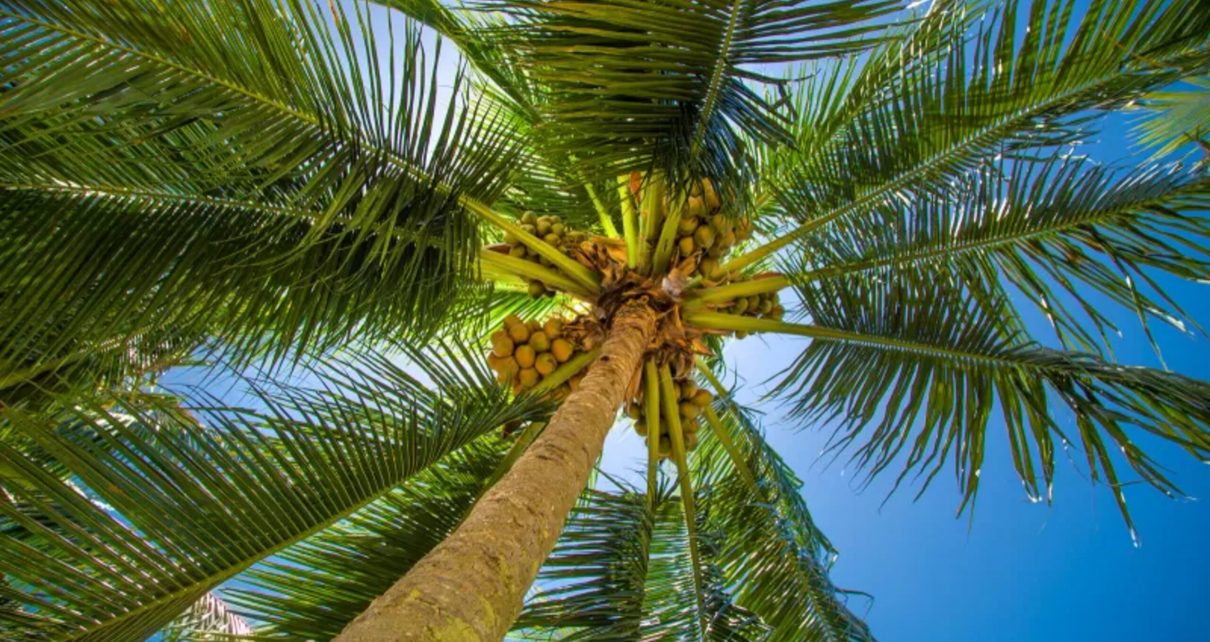The Lagos State Government in partnership with the Food and Agriculture Organisation (FAO) and the United Nations Industrial Development Organisation (UNIDO), have begun a one-month intensive field research and survey on coconut value chain analysis.
Ms Abisola Olusanya, the State Commissioner for Agriculture, said in Lagos on Sunday that a survey on coconut was last carried out about 30 years ago in the state.
Olusanya was speaking at the commencement of the Field Research for Coconut Value Chain Analysis.
The state government and the FAO-UN had in November 2021, signed a $200,000 (about N83.16 million) Unilateral Trust Fund Agreement for the development of the coconut value chain.
NAN reports that the joint collaboration will develop the coconut value chain, through accelerated production, processing, commercialisation and utilisation.
The agreement which would run for six months, will see FAO providing technical assistance for the inception/value chain analysis phase of the intervention.
She noted that the exercise would involve data collection via key informant interviews, surveys, actor interviews, focus group discussions as well as analysis.
The commissioner said that the exercise would also involve combing the nooks and crannies of coconut producing communities of the state, processors, marketers and other value chain actors’ locations in Lagos.
Olusanya noted that the exercise was part of the ongoing collaboration with the Lagos State Government and FAO/UNIDO for the intervention in the coconut value chain in the state.
According to her, this exercise is alluding to the commitment of the administration of Mr Babajide Sanwo-Olu in ensuring that the potential of the coconut value chain are fully unleashed for the benefit of the state and its citizens.
“It is on record that this type of survey on coconut was carried out in the state about 30 years ago.
“With significant changes in demography and agro-ecological conditions of the state, there is need to re-conduct this exercise,” she said.
The commissioner urged all coconut value chain actors such as Lagos State chapters of the National Association of Coconut Producers, Processors and Marketers of Nigeria (NACOPPMAN) and All Farmers Association of Nigeria (AFAN) to support the research.
“I encourage all coconut value chain actors to provide the necessary information required so that the report will help fashion out strategies for the crop to sustainably contribute to ‘Making Lagos a 21st century economy’.
“I enjoin the international and national consultants, enumerators and other support parties not to lose sight at this stage of the value chain analysis, as field data collection is one of the most critical aspects.
“As the frontliners, you need to take all necessary steps to ensure that accurate information is gotten and proper analysis carried out,” Olusanya said.
In his remarks, the FAO-UN Country Representative, Dr Fred Kafeero, said the survey would take place in Badagry, Ojo and other parts of Lagos State where there are coconut fields.
Kafeero was represented by Mrs Adeola Akinrinlola, Programme Officer, FAO-UN Nigeria Country Office, Abuja. He said the exercise would involve key actors in the value chain.
He commended the commissioner and the General Manager, Lagos State Coconut Development Authority (LASCODA), Mr Dapo Olakulehin, for their commitment and passion for the development of agriculture and especially, the coconut value chain.
He said that FAO/UNIDO was providing technical support under a Unilateral Trust Fund with Lagos State to transform the coconut value chain.
“The support is taking off with survey in order to generate reliable data and information.
“Some of the riverine areas to be visited in Badagry Local Government include Oko gbo, Akarakumo, Imoba, Ojogun, Olometa, Ojogun Ajido Sea Beach and Topo.
“Areas to be visited in Ojo Local Government are Origele, Irewe, Ibode Igbo Oja, Onigbongbo, Iyagbe, Itogbesa, Okonudun, Igbolobi and Ileshe,’’ Kafeero said. (NAN)


